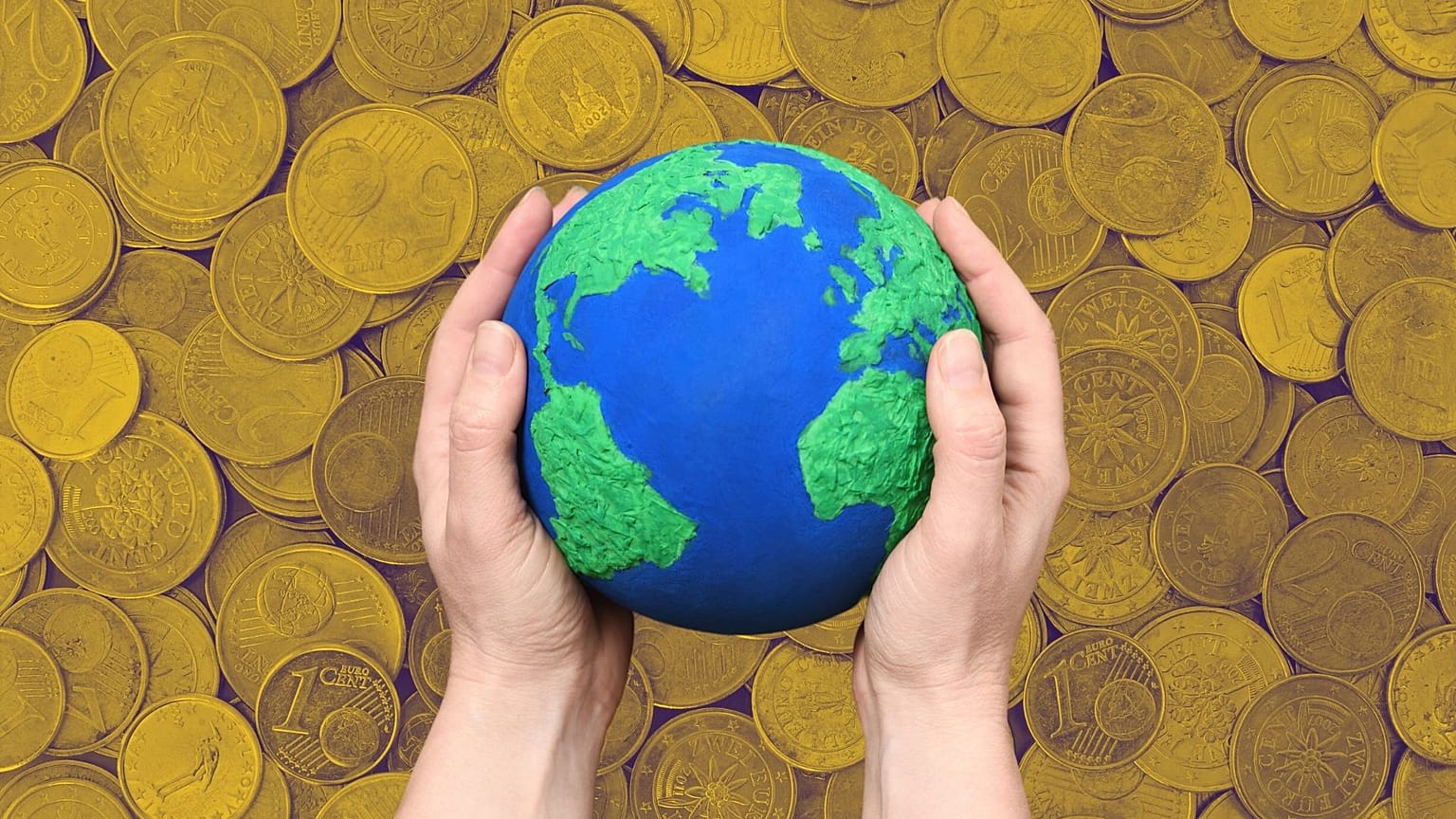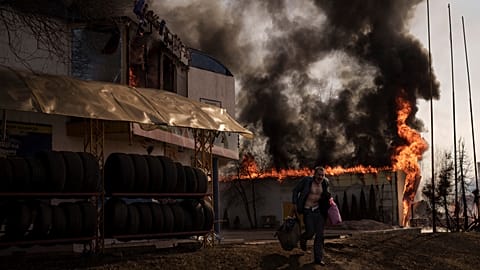We should be "challenging the notion that riches, and those who possess them, are inherently good”.
Technology will only get us so far; we need to rethink the value we place on being wealthy if we are to solve the climate crisis.
 ADVERTISEMENT
ADVERTISEMENT
 ADVERTISEMENT
ADVERTISEMENT
Consumption by wealthy households is responsible for the biggest human impact on the environment, a paper published by researchers at the University of New South Wales says. Lifestyle changes and a different attitude to wealth are needed to solve the environmental problems the world faces.
“The key conclusion from our review is that we cannot rely on technology alone to solve existential environmental problems – like climate change, biodiversity loss and pollution – but that we also have to change our affluent lifestyles and reduce overconsumption, in combination with structural change,” says lead author of the paper, Professor Tommy Wiedmann.
“Technology can help us to consume more efficiently, i.e. to save energy and resources, but these technological improvements cannot keep pace with our ever-increasing levels of consumption.”
Can lifestyle changes prevent the climate crisis?
The researchers say we have to address our overconsumption through individual actions. Overall consumption needs to be reduced rather than just being ‘greened’ by switching to supposedly sustainable products.
They list problems like overly large second homes, second homes of the wealthy, oversized vehicles and environmentally damaging and wasteful food as some of the areas where behaviours need to be altered.
“It’s hardly ever acknowledged but any transition towards sustainability can only be effective if technological advancements are complemented by far-reaching lifestyle changes,” says co-author of the paper and Professor of Sustainability Research at the University of Sydney, Professor Manfred Lezen.
He adds that once faced with the reality of the enormous impact our personal actions have on the environment, many people shut down completely and go into denial. “What we see or associate with our current environmental issues (cars, power, planes) is just the tip of our personal iceberg. It’s all the stuff we consume and the environmental destruction embodied in that stuff that forms the iceberg’s submerged part.”
What is a green economy?
But the research also acknowledges that the responsibility for change doesn’t just lie with individuals. We need to get rid of our obsession with economic growth, because the way that our society currently works encourages people to consume more and more.
In a letter shared with the Guardian newspaper in the UK, a group of 83 of the world’s richest people called on governments to increase taxes on the wealthy to pay for economic recovery after COVID-19. They are asking politicians to “address global inequality and acknowledge that tax increases on the wealthy and greater international tax transparency are essential for a viable long-term solution”. Could taxes like these also help to solve the unequal contribution of the wealthy to the climate crisis?
The paper says effective, new environmental policies could include measures like eco-taxes, investment in green projects, wealth redistribution, a shorter working week as ways of building a greener economy. More extreme propositions include dismantling the capitalist drive for wealth altogether.
The group of researchers says that affluence is frequently seen as something to aspire to. However, reducing inequality and “challenging the notion that riches, and those who possess them, are inherently good” is essential to a green future. They add that ‘sustainable growth’ is a myth.
“As long as there is growth – both economically and in population – technology cannot keep up with reducing impacts, the overall environmental impacts with only increase,” Prof Wiedman said. “We really need to start managing our economies in a way that protects our climate and natural resources, even if that means less, no or even negative growth.”


















